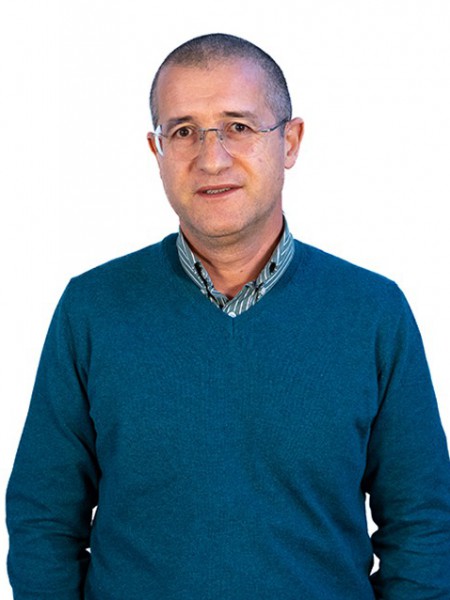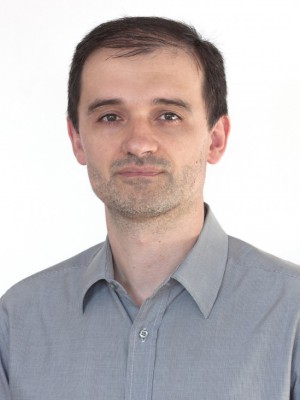resumo
Supercritical fluid extraction (SFE) has been a widely studied green technology to obtain triterpenoids (TTs) enriched extracts from various vegetable matrices. This review covers research advances regarding the SFE of TTs, with emphasis on biomass sources, operating conditions and their optimization, and modeling. As in other applications of the supercritical technology, carbon dioxide is the common solvent adopted, being generally modified with small amounts of cosolvents (e. g. ethanol, methanol) to increase TTs solubility, as many of these molecules are polar. The operating conditions reported for the SFE of TTs from biomass lie between 40 and 90 degrees C, 100 and 500 bar, and 0 and 5 wt. % of modifier. An extensive list of relevant works in this field is also provided, where the most important experimental and/or theoretical information is presented. Exploitation is also addressed through a compilation of registered patents on TTs extraction and purification, particularly on strategies to concentrate these compounds after organic solvent or supercritical carbon dioxide extraction. In the whole, there is a research and intellectual property basis to support further industrial attempts to implement processes combining SFE and purification technologies for TTs production.
palavras-chave
EUCALYPTUS-GLOBULUS BARK; MARIGOLD CALENDULA-OFFICINALIS; CARBON-DIOXIDE EXTRACTION; OLEANOLIC ACID; BETULINIC ACID; DIFFUSION-COEFFICIENTS; URSOLIC ACID; NEEM SEEDS; ANTIINFLAMMATORY ACTIVITY; ANTIMICROBIAL ACTIVITY
categoria
Chemistry
autores
de Melo, MMR; Domingues, RMA; Silvestre, AJD; Silva, CM
nossos autores
Projectos
agradecimentos
This project has received funding from the European Union Seventh Framework Programme (FP7/2007-2013) under grant agreement no CP-IP 228589 AFORE. Authors acknowledge also Associate Laboratory CICECO (Pest-C/CTM/LA0011/2013).; This work is financed by FEDER funds through the Competitive Factors Operational Program (COMPETE) and by national funds through FCT (Portuguese Foundation for Science and Technology), through the project CICECO-FCOMP-01-0124-FEDER-037271.





